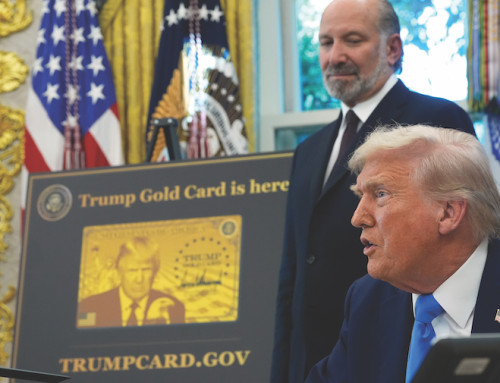The federal Bureau of Prisons said it is canceling a collective bargaining agreement with its workers and stripping them of union rights.
Director William K. Marshall III told the agency’s nearly 35,000 employees that the union, the Council of Prison Locals, had become “an obstacle to progress instead of a partner in it.” The contract, he said, “too often slowed or prevented” changes meant to improve safety and morale.
“The whole purpose of ending this contract is to make your lives better,” Marshall wrote in a message posted to the agency’s website. He said the agency will “move forward with solutions that work, without roadblocks, without excuses, and with one goal: to make the Bureau a place where people are proud to serve.”
The union’s president, Brandy Moore-White, said ending the collective bargaining agreement, which was supposed to run through May 2029, will jeopardize the safety and livelihoods of workers who endure dangerous conditions to keep inmates, staff and communities safe.
“We will absolutely fight this tooth and nail!” she said.
The Bureau of Prisons operates 122 facilities and has about 155,000 inmates. It has an annual budget of more than $8.5 billion. The Justice Department’s largest employer, it has been plagued for years by severe understaffing that has led to long overtime shifts and the use of prison nurses, teachers, cooks and other workers to guard inmates.
The agency has a $3 billion repair backlog, thousands of positions are vacant and an official told Congress in February that more than 4,000 beds are unusable because of dangerous conditions such as leaking or failing roofs, mold, asbestos or lead.
In a letter last week informing Moore-White of the move, Marshall cited an executive order that President Donald Trump signed in March that exempts federal intelligence, counterintelligence, investigative and national security agencies from collective bargaining or recognizing employee labor unions.
Marshall told Moore-White that union dues will no longer be collected and that employees no longer have a right to union representation during meetings with management, investigative interviews or other proceedings.
In his message to Bureau of Prisons employees, Marshall said that even without a union or collective bargaining pact, they will continue to enjoy protections under federal civil service law, including job security and whistleblower rights.








